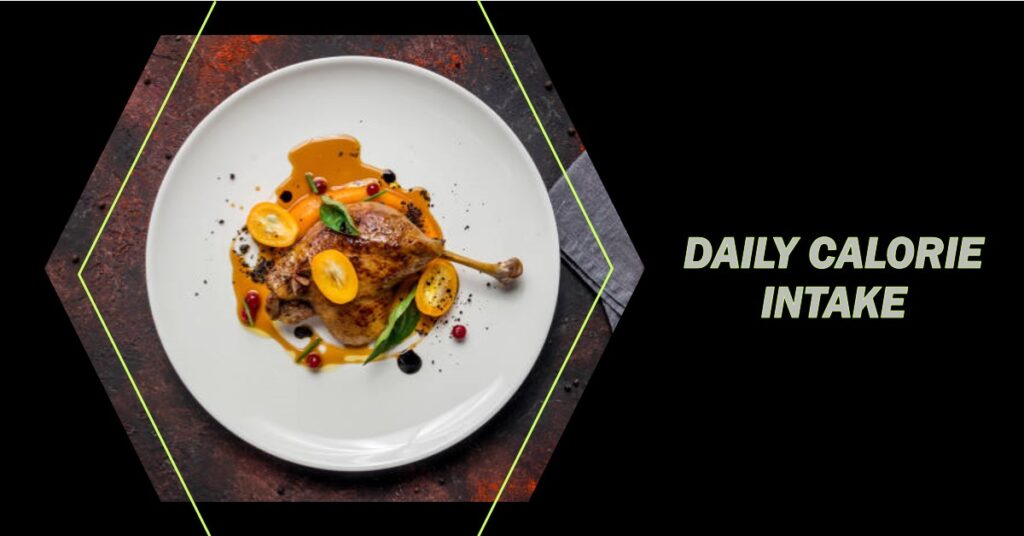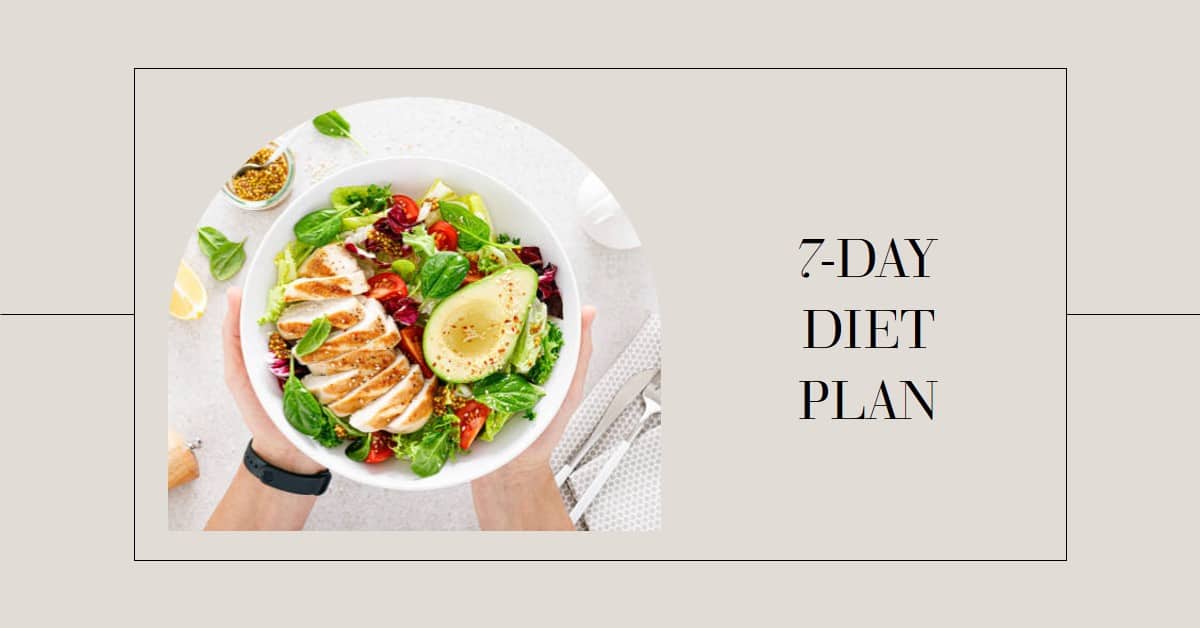You probably know that you need to eat less than 2000 calories to lose weight. But even if you’t keep track of your daily calorie intake, knowing the number is helpful for understanding why you need to eat less and how many calories are in different foods. Thinking about your daily calorie intake can also be a useful tool for creating a weight loss plan that works for you and measuring your success over time. Calories are an important measure of the energy content in the food we eat.
They can also be a good measure of how much fat, carbs, and protein are in our food. Most people don’t need any special calculators or apps to count their calories – unless they’re on a very high-protein diet like Atkins or something similar. You probably already have everything you need right at your fingertips!
How to Track Your Caloric Intake
The first step in tracking your caloric intake is finding out how many calories you currently eat each day. Once you know, you can adjust your food intake to reach the right daily calories for your desired weight loss goal. There are a few ways to do this: Write down everything you eat during a few days to get a general sense of your typical day – this is the easiest way!
This will be more accurate if you do it over several days to get a sense of your normal eating patterns. Get a food scale and measuring cups or spoons and start measuring your food portions – this will be more accurate but takes some extra work. Use online calorie-tracking tools – this will be the most accurate, but takes planning and consistency to be useful.
2,000 Calories: The Basics
Calories are not created equal. But at their most basic level, all calories come from three sources: fat, carbohydrates, and protein. There are about 3,500 calories in a pound of fat. If you’re eating more calories than your body needs to function, you will (at least partly) store those extra calories as fat. If you eat fewer calories than you need, you will lose fat.
This is a very basic way of understanding how weight loss works. You can think of it like a bank account: If you are eating more calories than you are burning, you are making a deposit into your “body fat” account. If you are eating fewer calories than you are burning, you are withdrawing from that same account. The difference between the two is your net change in body weight. The bigger the caloric deficit you create, the faster you will lose weight.

Why Eating Less Than 2000 Calories a Day Works
When you eat an appropriate number of calories per day based on your weight, age, gender, and activity level, your body burns what it needs and stores the rest as fat. You can also think of it as a budget: Your body budget is the amount of energy it needs to live your daily life and perform your physical activities. The amount of calories you need to eat each day depends on your lifestyle and body type.
If you want to lose weight, you will need to eat a bit less than what your body needs to maintain your current weight. If you want to gain weight, you will need to eat a bit more than what your body needs to maintain your current weight.
Pro Tips for Measuring Your Caloric Intake
These tips can help you track your daily caloric intake more accurately, which will help you optimize your weight loss. – Choose foods with fewer calories per serving. – Make healthy food choices that have fewer calories while still getting the nutrients you need. – Eat more often as this will keep your metabolism high. – Drink more water to stay hydrated. – Avoid snacking between meals. – Find a support network to keep you accountable.
3 Tools to Help You Track and Measure Your Daily Calorie Intake
There are many online tools and apps to help you track and measure your daily caloric intake. Some of these include: – FitBit – My Fitness Pal – Apple Health – Google Fit – Lose It! – and many more! These tools can help you track your daily caloric intake for free, quickly, and easily. They can also help you track other aspects of your health such as your sleep patterns or the number of steps you take each day.
Conclusion
The most important thing to remember when tracking your daily caloric intake is that it’s not a one-size-fits-all approach to nutrition. The right number of calories for you will depend on many factors, including your current weight and activity level. If you want to lose weight, you will need to eat less than your body needs. If you want to gain weight, you will need to eat more than your body needs.
Keep in mind that it’s not enough just to eat less than your body needs – you also have to burn extra calories through physical activity. This is why tracking your caloric intake and adjusting it as needed can be an effective strategy for creating a weight loss plan.




